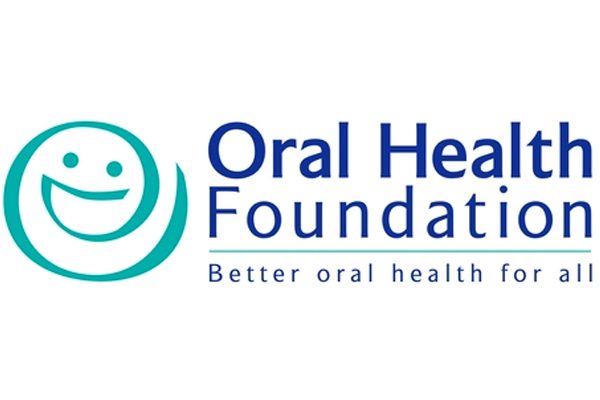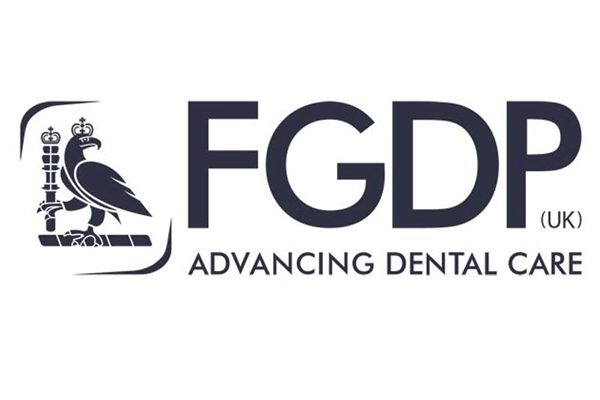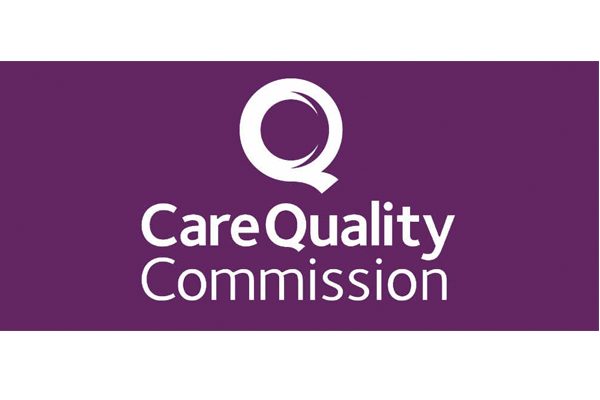Areas of Expertise
The practice focuses on five key principles below which forms the foundation to all successful restorative, cosmetic and prosthetic treatments. These form a fundamental approach to our patient centred Practice.
Provide Prevention and Evidence Based oral healthcare
A preventative dental care programme will be discussed with you at your examinations which may include:
Smoking cessation advice and referral to NHS stop smoking services
We provide brushing advice and how to care for your gums and teeth. For further information click here
Fluoride therapies and treatments to control dental decay
Diet advice to prevent dental decay and tooth wear
Advice for Temporomandibular Jaw Joint Problems.
Oral cancer information and screening
As part of your examination we assess your oral cancer risk from information you provide us from your medical history form. We discuss the risk factors that contribute to a high oral cancer risk and provide preventive advice.
We provide soft tissue oral cancer screening. We record and refer any soft tissue pathology and suspicious lesions for further investigation and diagnosis
For further information on oral cancer screening click here.
Gum Disease detection and treatment
We screen for periodontal gum disease, providing focused preventive advice to prevent and treat gum disease with all examinations. We also provide gum disease screening and preventive advice with all our hygiene and periodontal gum treatments
Periodontal and hygiene treatments provide removal (debridement) of bacteria from infected gum pockets, scaling tartar(calculus) and plaque from infected gum disease sites. As part of any gum disease treatment and maintenance of gum health we provide specific oral hygiene advice to ensure successful outcomes after periodontal gum/hygiene treatments.
For further information on diagnosis and treatment for gum disease click here.
There is increasing research and evidence which links the bacteria and inflammation associated with periodontal gum disease with systemic disease such as strokes, heart attacks, diabetes and dementia.
Minimally Invasive Dentistry (MI dentistry)
The minimally invasive (MI) approach helps conserve the existing remaining tooth structure and use adhesive bonded dentistry to reinforce this remaining tooth structure to increase the strength of both the restoration and tooth as they are bonded. This minimum interventive approach uses adhesive restorative materials and techniques to treat dental disease, restoring teeth conservatively.
This contemporary approach to restoring teeth is patient centred treatments which are ingrained into our practice philosophy as evidence based treatments. These minimal intervention care treatments, if indicated will be discussed as options for treatment once a restorative assessment is made at the examination.
Understanding the quality of evidence that supports clinical practice is fundamental to our ethos.
As clinicians we would review evidence on any new treatments ,techniques and materials to ensure that our advice and treatment is based on evidence based science, to offer the best possible long term outcome for dental and oral health.




